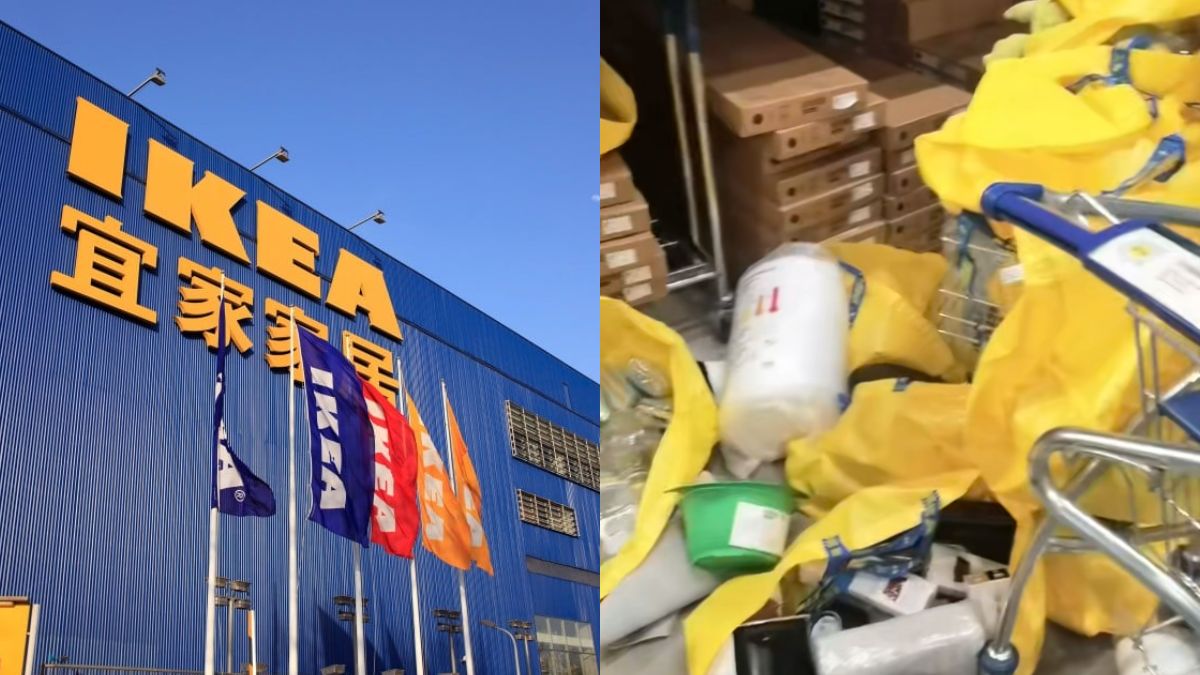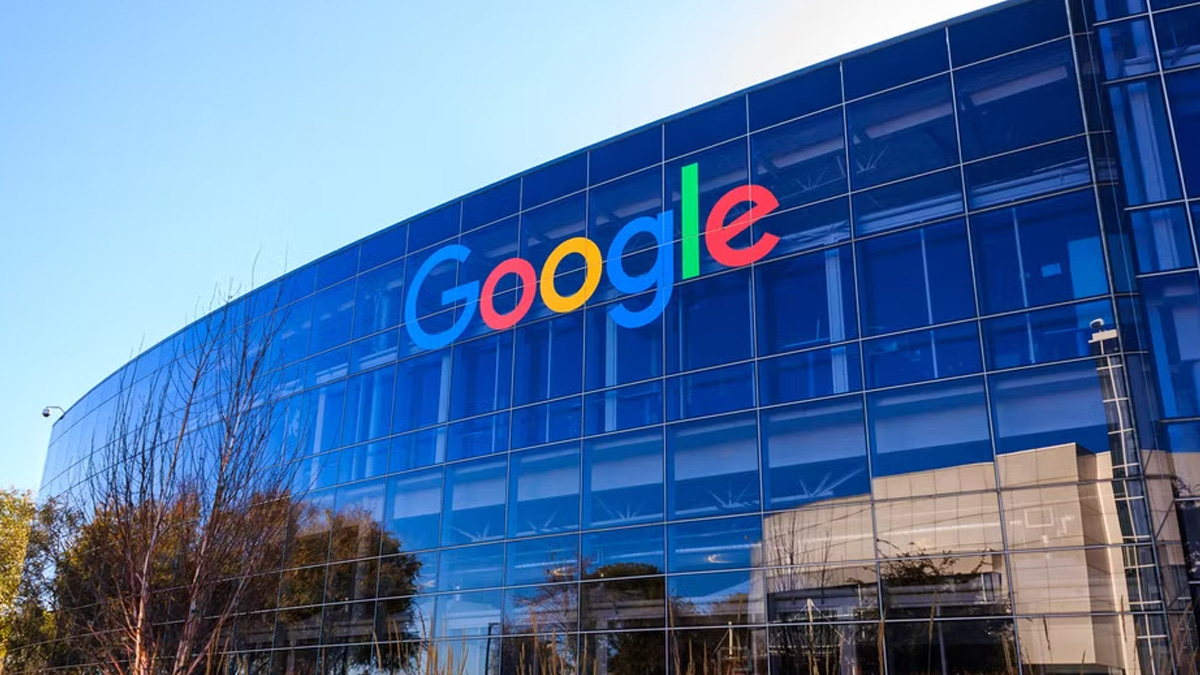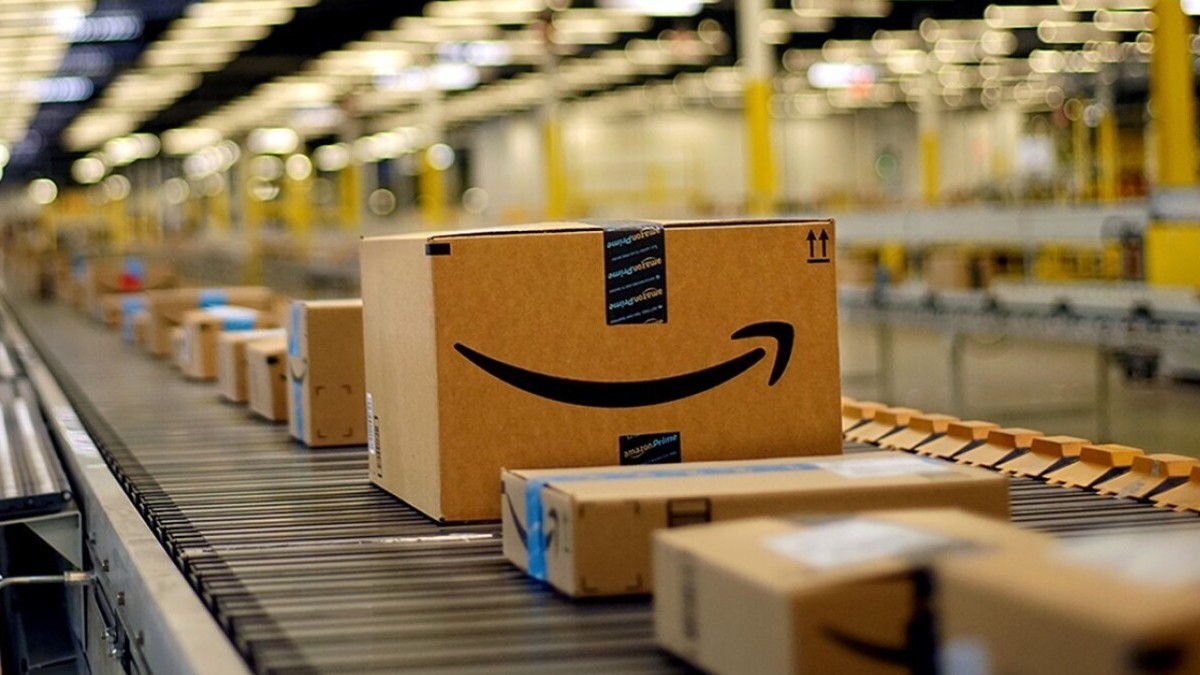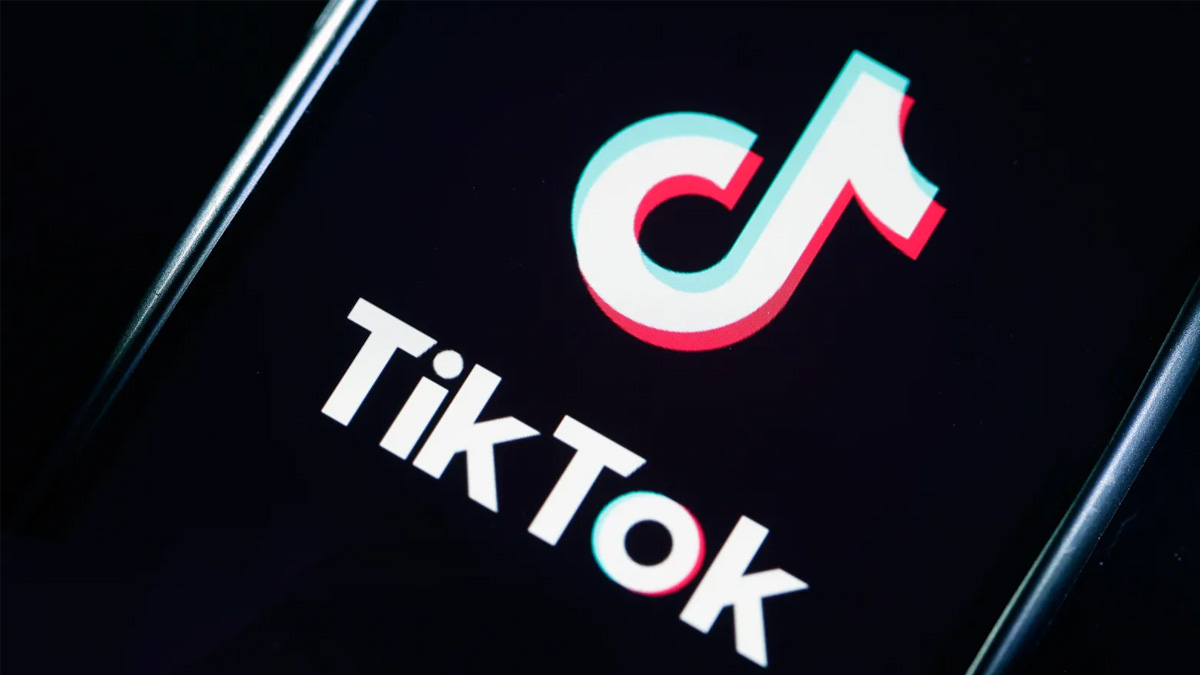Keppel to sell M1’s telecom operations to Simba Telecom in S$1.43 billion deal
Keppel has agreed to sell M1’s telecommunications operations to Simba Telecom for an enterprise value of S$1.43 billion, marking one of Singapore’s largest telecom mergers in recent years. The move aims to strengthen market efficiency and accelerate 5G development while aligning with Keppel’s asset-light strategy.
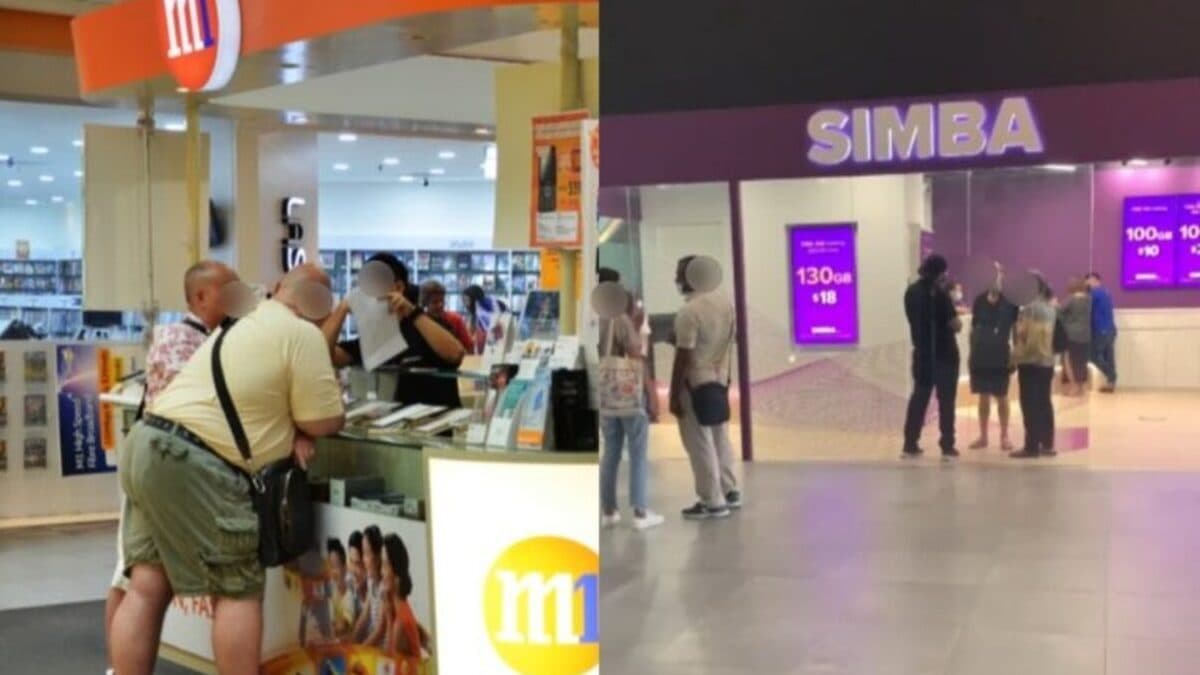
- Keppel will divest its 83.9% stake in M1’s telecom business to Simba Telecom for S$1.43 billion.
- The sale is part of Keppel’s asset-light strategy and aims to consolidate Singapore’s telecom market.
- The deal is pending IMDA approval, which will assess its impact on competition and consumer benefits.
Keppel announced on Friday that it will sell M1’s telecommunications operations to Simba Telecom for an enterprise value of S$1.43 billion, marking a significant restructuring in Singapore’s competitive telecom market.
The asset manager will receive S$1 billion in cash for its 83.9 per cent stake in M1 Limited, while retaining the company’s information and communications technology (ICT) segment, which includes data centres and subsea cable assets.
The transaction is expected to complete “over the next few months”, pending regulatory approval. Keppel said the sale would consolidate the local telecom sector and unlock synergies between two operators with complementary strengths in technology and market reach.
In its statement, Keppel highlighted that the merger combines M1’s cloud-native network infrastructure and hyper-personalised service capabilities with Simba’s agile digital consumer platform. Together, the firms aim to deliver enhanced connectivity, more efficient operations, and accelerated digital transformation.
Keppel chief executive Loh Chin Hua described the sale as “a strategic path to sustainable growth” for Singapore’s telecommunications industry. “M1 and Simba are a highly synergistic combination. Together, they can scale more efficiently, optimise infrastructure, and accelerate 5G and digital investments, greatly enhancing service quality while contributing to a more resilient, future-ready telco industry,” Loh said.
Keppel added that the divestment supports its broader “asset-light” transformation strategy, positioning the company to focus on digital infrastructure investments under its connectivity business. However, Keppel expects to record an accounting loss of approximately S$222 million from the sale.
According to the company, Simba’s offer was the strongest among several bids received for the M1 operations.
Simba Telecom, wholly owned by Australia-listed Tuas Limited, said in a separate filing that it would raise at least A$416 million (US$271 million) through a share placement and purchase plan to finance the acquisition. Tuas described the purchase as “transformational”, saying it would expand Simba’s mobile and broadband reach while providing an established enterprise platform in Singapore.
According to a regulatory filing on the Australian Securities Exchange, Simba currently holds 1.5 per cent of Singapore’s prepaid mobile market, 14.4 per cent of the postpaid mobile market, and 0.9 per cent of the broadband market.
M1, by comparison, commands 13.5 per cent of the prepaid segment, 23.9 per cent of the postpaid mobile segment, and 15 per cent of the broadband market.
Post-acquisition, Simba projects a significant market share boost — up to 15 per cent in prepaid, 38.3 per cent in postpaid, and 15.9 per cent in broadband.
For the financial year ending April, M1’s telecom operations — excluding its retained ICT business — generated S$806.1 million in revenue and S$195.4 million in earnings before interest, taxes, depreciation, and amortisation (EBITDA).
Founded in 1994 with Keppel as a founding shareholder, M1 launched commercial services in 1997 and now serves over two million customers. Its offerings include mobile, fixed-line, and fibre broadband services.
Simba is Singapore’s fourth fully licensed mobile network operator, holding both 4G and 5G spectrum rights. It began operations in 2020 under the TPG Singapore brand and rebranded to Simba Telecom in April 2022. The company reported reaching 500,000 active subscribers within its first two years of operation.
Keppel said the deal will allow both companies to “leverage combined strengths in scale, spectrum, and service innovation”, while freeing Keppel to focus on its connectivity and digital infrastructure assets globally.
The transaction requires approval from the Infocomm Media Development Authority (IMDA). According to a report by CNA, IMDA confirmed that both parties have signed the sale and purchase agreement.
IMDA said it will review the proposed acquisition under the Telecom and Media Competition Code to ensure it does not significantly reduce competition in the market.
The authority added that its assessment will consider whether the merger benefits consumers, supports sustainable competition, and promotes innovation and long-term growth within Singapore’s telecommunications sector.
If approved, the acquisition will create one of the country’s most comprehensive telecom networks, integrating M1’s established infrastructure and enterprise services with Simba’s rapidly expanding digital-first customer base. Analysts have said the merger could reshape competition in Singapore’s telecom market, historically dominated by Singtel, StarHub, and M1.



